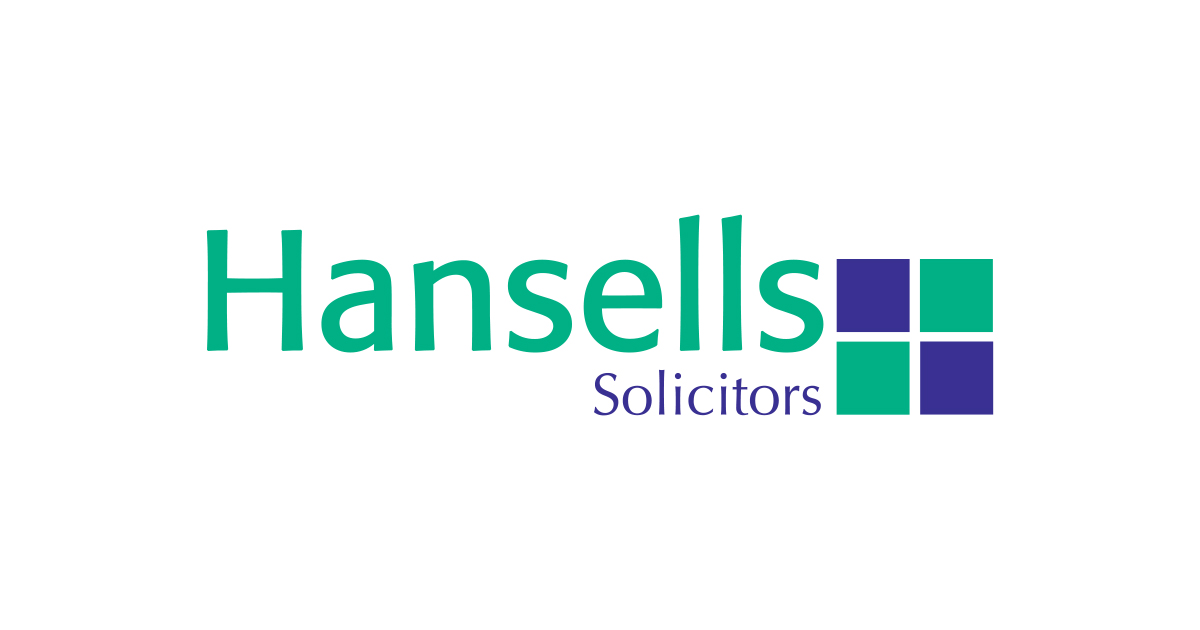What is Mediation?
Mediation is an essential aspect of resolving complex disputes and achieving mutually beneficial solutions in various legal sectors and is a core element of Hansells’ Dispute Resolution Services.
Mediation creates a unique environment for parties to work on disputes, providing the necessary space for thought. It helps to overcome power imbalances and promotes free communication. The mediator’s role is to create a safe, confidential, and calm environment in pursuit of establishing a sustainable resolution.
In this article, we explore the importance of mediation, its benefits, its advantages, and whom you should contact at Hansells for more guidance.
Why is Mediation Important?
Increasingly, court protocols and judges require parties to mediate disputes in an effort to avoid the cost and risk of trial.
The Ministry of Justice has recently confirmed that mediation will become compulsory for civil claims valued up to £10,000, with parties facing cost sanctions or a strikeout if they fail to engage in the mediation process.
The Advantages of Mediation
Mediation is a voluntary and confidential process where the mediator acts as a neutral third party, facilitating communication and negotiation between the disputing parties. Unlike litigation, which involves a formal legal process and a decision awarded by a judge, mediation enables the parties to actively participate in finding a mutually agreeable solution, often one that the court cannot award. It is a collaborative approach that fosters open dialogue and mutual understanding, helping parties to find common ground, generate options, and reach an acceptable resolution for all.
Mediation provides:
- A cost-effective, time-efficient, and cheaper alternative to litigation
- Collaboration and focused resolutions, fostering a sense of ownership and commitment.
- Sustainable, long-lasting resolutions for parties who actively participate in the process, reducing the likelihood of future disputes and providing a solid foundation for ongoing cooperation.
The Mediation Process
The mediation process is conducted in both joint and private meetings. In a CEDR mediation, the mediator follows the five phases of mediation. It involves:
- The preparation phase, in which the mediator will make pre-meditation contact with each party to explain the process, the mediation agreement, and the practicalities of the mediation,
- The opening phase, which includes the mediator’s opening and the parties opening statements, stimulates dialogue and sets an agenda.
- The exploration phase, which develops rapport, allows parties to exchange information, and identifies a broad foundation for bargaining,
- The bargaining phase, which outlines potential settlement options, conveys offers between the parties and helps break through an apparent deadlock.
- The concluding phase involves finalising settlement terms, signing the settlement agreement, and deciding the next steps if a settlement cannot be reached.
Who is Chloe Edwards?
Chloe Edwards is an associate solicitor and CEDR-accredited mediator (Centre for Effective Dispute Resolution). She graduated with a 1st (Hons) Law Degree and achieved a distinction, the LLM in Legal Practice.
As a CEDR mediator, Chloe can accept instructions from litigants in person or legally represented parties on a broad range of disputes. Chloe offers virtual and in-person mediations in our central Norwich office or at your chosen location.
As a practising solicitor, she draws on her experience acting for both sides in litigation. Chloe understands the stressful and delicate nature of mediations, and her experience as a Dispute Resolution solicitor enables her to help parties resolve disputes in an effective and efficient manner.
Where to find Chloe
If you would like a no-obligation discussion with Chloe concerning mediation or any dispute that you have, please contact her using the contact details below
Follow Chloe on LinkedIn
